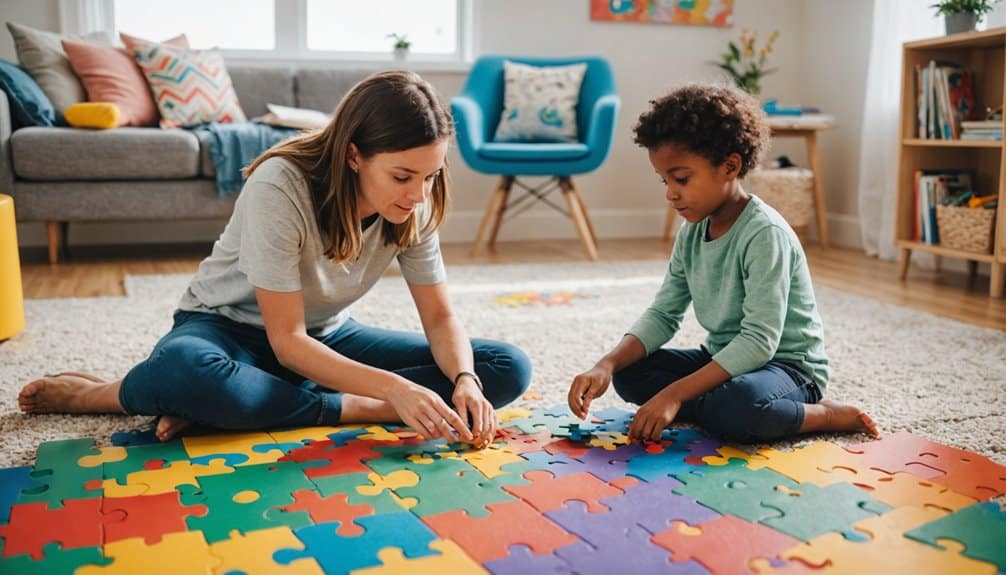ADHD, or attention-deficit/hyperactivity disorder, is a condition that affects children and can continue into adulthood, influencing focus, behavior, and daily functioning. For parents and caregivers, managing ADHD often requires patience, structure, and practical strategies to support a child’s growth and success. Incorporating effective approaches can ease challenges at home, in school, and in social settings.
Understanding ADHD in Children
ADHD is a neurodevelopmental disorder that affects brain development and activity. Children with this condition show persistent patterns of inattention, hyperactivity, and impulsivity that interfere with their daily functioning. The three main types of ADHD present different challenges. Predominantly inattentive ADHD causes difficulty focusing, following instructions, and organizing tasks. Hyperactive-impulsive ADHD leads to constant movement, excessive talking, and trouble waiting for turns. The combined presentation includes symptoms from both types. Children with this neurological disorder struggle with executive functions like working memory, flexible thinking, and self-control.
Creating Structured Routines
Consistent daily routines provide the predictability that children with ADHD need to function successfully. Structure helps reduce anxiety and improves their ability to complete tasks independently. Start each day with a clear morning routine that includes the same steps in the same order. Visual schedules, featuring pictures or written lists, help children remember what comes next.
Homework time benefits from a designated quiet space free from distractions. Set up this area with all necessary supplies within reach. Breaking homework into smaller chunks with short breaks helps prevent overwhelm and maintain focus. Use timers to help your child understand how long tasks should take.
Applying Positive Parenting Strategies
Positive reinforcement works more effectively than punishment for children with ADHD. Catch your child being good and praise specific behaviors immediately. For instance, say “Great job putting your toys in the bin when I asked” rather than just “good job.”
Clear, simple rules help children understand expectations. State rules positively when possible, such as “walk in the house” instead of “don’t run.” Make sure consequences are immediate and logical. If your child forgets their backpack, they experience the natural consequence of being unprepared at school.
Token systems or reward charts can motivate children to follow routines and complete tasks. Choose rewards that matter to your child, whether extra screen time, special activities, or small privileges. Consistency across all caregivers helps reinforce these strategies.
Managing ADHD
Regular physical activity helps children with ADHD burn excess energy and improve focus. Sports, playground time, or even indoor dancing can make a significant difference in behavior. Sleep also plays a key role in managing symptoms; maintaining consistent bedtimes and limiting screen time before bed is key.
Professional support often includes medication management, behavioral therapy, and accommodations at school. Work closely with your child’s healthcare team to monitor the effectiveness of their treatment. Teachers and school counselors can also provide fundamental support through individualized education plans or classroom modifications.
Consult an ADHD Specialist Today
Managing ADHD requires a team approach that includes parents, healthcare providers, and educational professionals. With proper support and strategies, children with attention-deficit/hyperactivity disorder can develop the skills they need for success. If you suspect your child has ADHD or needs support managing their symptoms, contact an ADHD specialist near you to schedule a consultation today.



